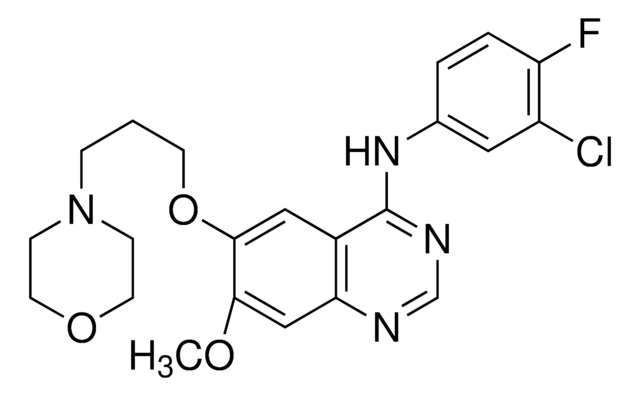48-684MAG
MILLIPLEX® Ras-Raf Oncoprotein Magnetic Bead Panel 6-Plex - Cell Signaling Multiplex Assay
Synonym(s):
Cell Signaling Assay
About This Item
Recommended Products
species reactivity
human
manufacturer/tradename
Milliplex®
technique(s)
multiplexing: suitable
detection method
fluorometric (Luminex® xMAP®)
storage temp.
2-8°C
Related Categories
General description
Specificity
Application
Features and Benefits
Packaging
Storage and Stability
Legal Information
Disclaimer
signalword
Danger
hcodes
Hazard Classifications
Acute Tox. 4 Oral - Aquatic Acute 1 - Aquatic Chronic 2 - Eye Dam. 1 - Skin Irrit. 2
wgk_germany
WGK 3
Certificates of Analysis (COA)
Search for Certificates of Analysis (COA) by entering the products Lot/Batch Number. Lot and Batch Numbers can be found on a product’s label following the words ‘Lot’ or ‘Batch’.
Already Own This Product?
Find documentation for the products that you have recently purchased in the Document Library.
Related Content
Uncover how cells communicate with MILLIPLEX® cell signaling multiplex assays. Multiplexing with cell signaling phosphoprotein assays based on Luminex® xMAP® technology helps researchers measure phosphoproteins and total proteins within the same or different pathways from a single sample.
Learn how multiplexing with MILLIPLEX® multiplex assays can help simplify cancer research by measuring multiple circulating biomarkers at once. Find multiplex panels to analyze JAK-STAT, mTOR, MAPK, SAPK, TGFβ signaling pathways, and more.
Our team of scientists has experience in all areas of research including Life Science, Material Science, Chemical Synthesis, Chromatography, Analytical and many others.
Contact Technical Service




